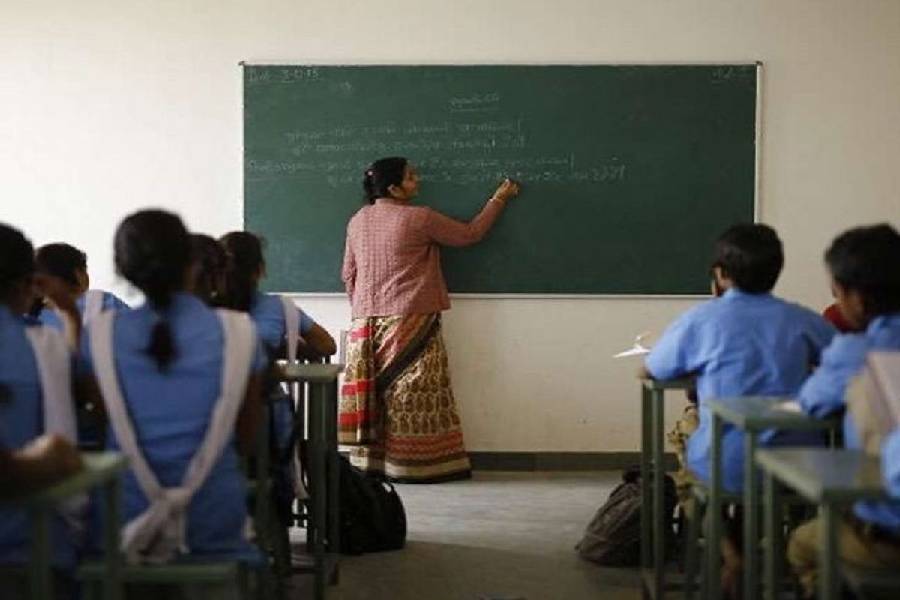Dubious rules and laws that can be misused are increasing in number. Now Centrally-funded higher education institutions are to carry out periodic reviews of their employees and retire anyone who is found to be of "doubtful integrity", inefficient, or guilty of conduct unbecoming of a government servant. Similar orders have been issued to ministries and government departments for action and for extension to public sector undertakings and autonomous agencies under them. This is a sweeping rule that would be effective only if institutions no longer have autonomy. Higher education institutions, for example, earlier had their own service rules. But in the last decade, most of them have had to accept the Central Civil Service conduct rules under pressure from the education ministry and the University Grants Commission. Although the new rule is to be applied to teachers, the review will not have anything faintly academic about it. Excellence in teaching and research is rendered irrelevant. Instead, the three heads for review are all subjective; even inefficiency does not seem to require objective criteria.
But the first head of doubtful integrity is perhaps the vaguest. It is deliberately left open-ended, for the charge allows doubt, although that is negatively applied: a person’s integrity is open to doubt. What kind of integrity is being referred to? Integrity may be professional or personal or both. Does it mean that a teacher is not doing his or her work or that they are embezzling funds? Or can teachers be accused of leading students astray with their interpretations? Through purely subjective criteria, it is possible to penalise teachers who do not agree with the policies of the government or whose research goes against the government’s convenience. Recently, a teacher of a well-known university had to resign because his paper was on manipulation in the 2019 elections. It may seem as though the government is indirectly formalising such consequences through the new rule. Conduct unbecoming of a government servant is equally vague. Once again, it is not clear whether this conduct is professional or more than that. There is no definition of any of these requirements, so the option for retiring teachers is left open. The university provides the most potent area for independent thinking. The rule offers another weapon to destroy it and to silence critical inquiry and dissent.











